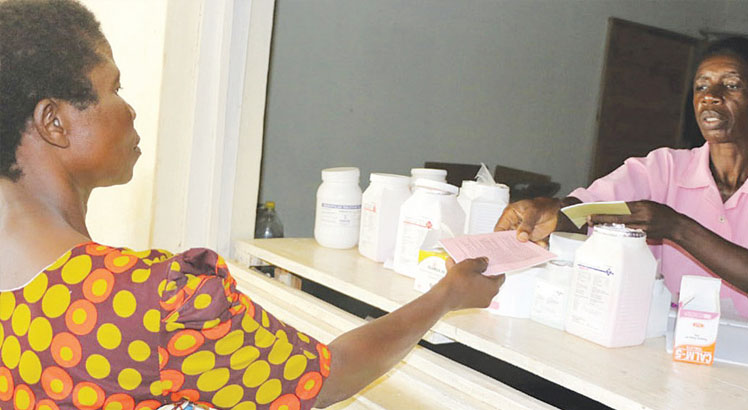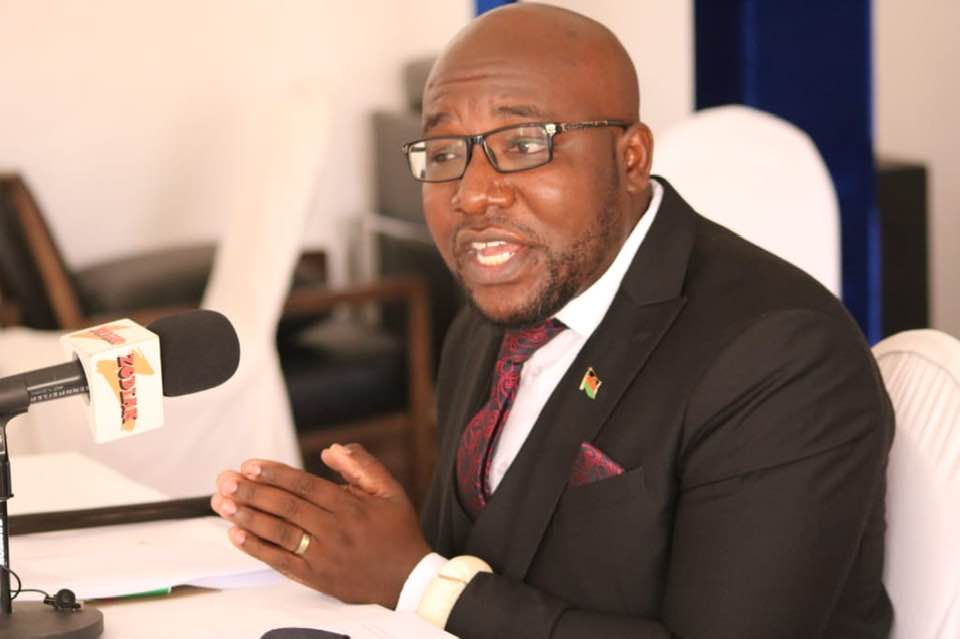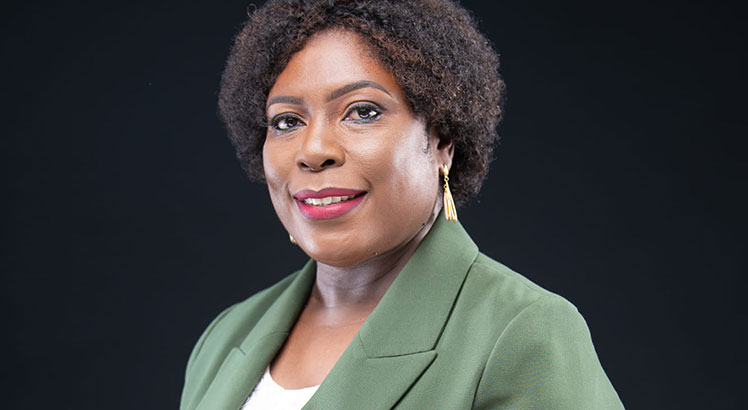Malawi misses new health fund
Malawi has missed out on the newly-launched fund for pandemic prevention, preparedness and response after the facility’s governing board rejected her application last week.
The country was one of the 133 nations across the world that submitted 179 different applications in May this year to tap from the $338 million (about K407 billion) Pandemic Fund under its first round of funding allocations.
Secretary for Health Samson Mndolo confirmed in an interview about the application’s rejection which he said was devastating to the country.
Mndolo said the only justification the ministry got from the fund’s board was that there were many applicants against the cash envelope.
He said the ministry would soon conduct a postmortem of the rejected application to appreciate the gaps in order to do better in the next round.

According to information posted on World Bank’s website, the five African recipients are Togo, Burkina Faso, Cape Verde, People’s Democratic Republic of Ethiopia and Zambia.
The Pandemic Fund, hosted by the World Bank with technical leadership from the World Health Organisation, is the first multilateral financing mechanism dedicated to providing multiyear grants to lower and lower-middle income countries.
The fund aims at boosting the resilience to future pandemics for the countries whose selected projects will receive funding to strengthen early warning, disease surveillance, laboratory systems and health workforce.
Established in September last year and formally launched at the 2022 G20 Bali Summit in November in Indonesia, the fund has already raised $2 billion (about K2.1 trillion) in seed capital from 25 sovereign and global philanthropic contributors.
Health rights activists have described the development as regrettable for Malawi considering the diverse pandemics and disasters the country has gone through over the years.
Universal Health Coverage Coalition in Malawi chairperson George Jobe said in view of the several pandemics such as Covid-19, cholera and other disasters like cyclones that have been wreaking havoc, the country needed a consideration.
The coalition is a global alliance of over 1 000 leading health and development organisations
“It is really regrettable that we have not made it. Much as we might have other plans for preparedness and response, the fund would have been a plus and could have helped the country a lot.
“Our appeal is that we must be considered in the next round,” said Jobe who is also of Malawi Health Equity Network executive director.
Another health rights advocate Maziko Matemba, who is also Health and Rights Education Programme executive director, said the rejection was an issue of concern bearing in mind the vulnerability of the country.
He said: “We do not know why Malawi has missed out but maybe there are a number of factors. Maybe our proposal was not strong enough to attract the funders’ attention. This should be a wake-up call and I hope we have learnt lessons.”
On his part, health rights advocate Dingi Mithi observed that the rejection of the application could be touching on the country’s transparency and accountability issues.
The Pandemic Fund’s Governing Board is expected to launch the second-round call for proposals by the end of this year based on lessons learnt from the first call





